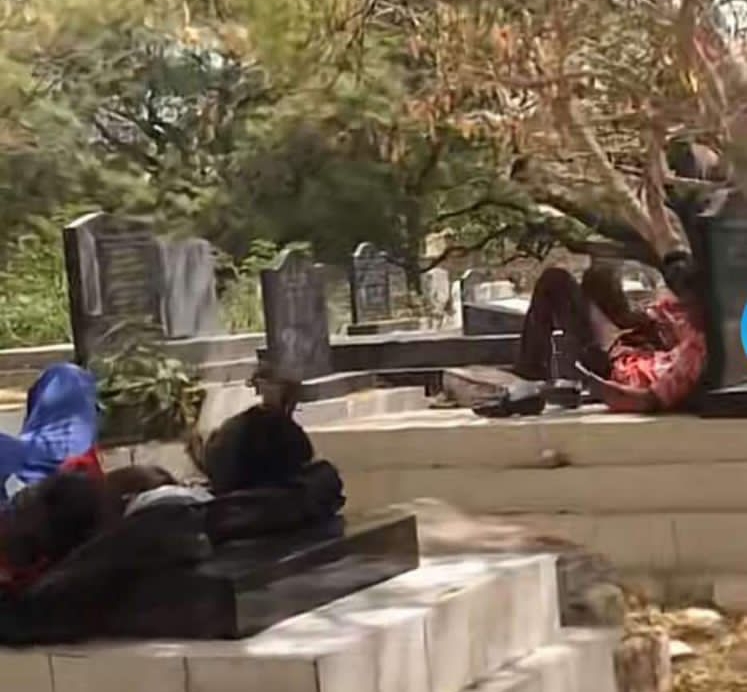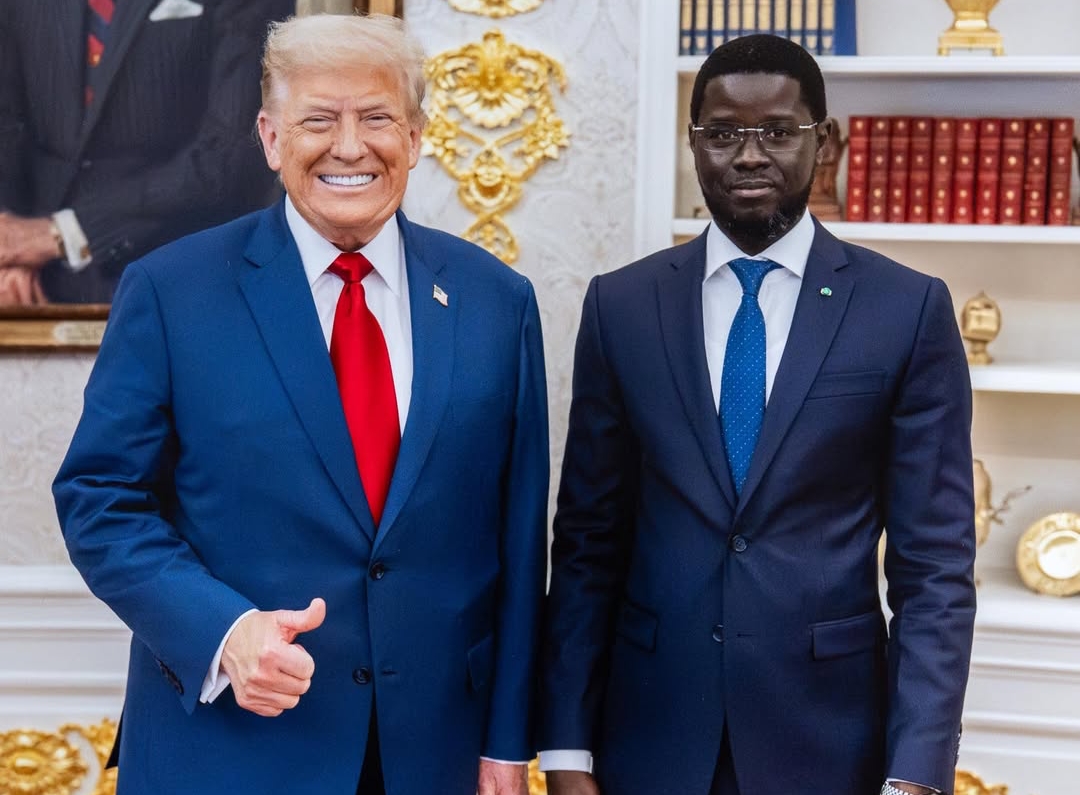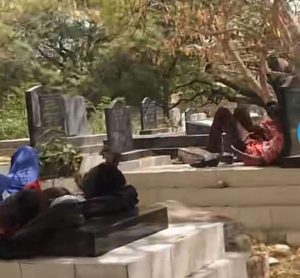Gambiaj.com – WASHINGTON, DC) – In a carefully calibrated pitch at the White House on Wednesday, Senegalese President Bassirou Diomaye Faye showcased his country as a prime destination for American investment, touting vast gas reserves, ambitious digital infrastructure plans, and even tourism projects tailored to U.S. tastes.
Speaking in Washington before U.S. President Donald Trump and alongside four other African heads of state, Faye sought to position Senegal as an emerging Eldorado for U.S. capital, using both economic arguments and personal appeals aimed at President Donald Trump.
Faye’s speech combined hard economic arguments with personal appeals and strategic flattery, all under the shadow of growing global competition for Africa’s resources. While Senegal’s economic indicators remain fragile, its gas reserves and digital ambitions offer real potential leverage.
“I want to reassure all American investors on the political stability of our country and our favorable regulatory environment, which we are continuously improving in order to attract more investments,” Faye said, underscoring Senegal’s stable political climate despite its current economic strains.
That reassurance comes against a challenging economic backdrop. According to the International Monetary Fund, Senegal’s public debt stands at a troubling 111.4% of GDP.
Yet Faye framed the situation as an opportunity, not a risk, highlighting the country’s newly discovered natural resources as key to its financial turnaround.
“Thanks to American companies, we were able to discover oil and gas, some 950 billion cubic meters of gas that we can exploit to support our economy,” Faye said, explicitly linking American involvement to Senegal’s energy prospects.
Those vast gas reserves are not only a potential boon for Senegal’s economy but also a strategic lure for U.S. investors eager to expand their footprint in Africa’s energy market amid intensifying global competition, particularly from China and Russia.
Beyond hydrocarbons, Faye also sought to broaden the investment narrative by pitching Senegal’s digital ambitions. He presented plans for a 40-hectare “tech city” overlooking the Atlantic in Dakar, calling it “a great opportunity for American technology companies in Africa.” The project, still in its conceptual stages, aligns with Senegal’s bid to establish itself as a digital innovation hub in West Africa.
Faye’s address was not limited to economic matters. In a more personal gesture, he flattered President Trump by referencing his well-known passion for golf, jokingly crediting Trump’s golfing skills for his diplomatic success.
That led to a subtle tourism pitch: “Senegal has exceptional opportunities to offer, especially in the field of tourism,” Faye remarked, suggesting a high-end golf course development just six hours by air from New York or Miami—a blend of soft power diplomacy and investment courting.
Yet behind the charm offensive, Faye’s message was strategic: presenting Senegal as a stable, resource-rich country eager to partner with the U.S. at a time when Washington is reasserting its interest in Africa to counter rival powers.
Faye also used the occasion to praise Trump’s global diplomatic interventions, notably citing the resolution of the Democratic Republic of Congo’s crisis, a move clearly aimed at currying favor with the White House.
“Africa supports all efforts to bring peace to Sudan, Libya, and the Sahel,” Faye added, tying Senegal’s regional diplomacy to U.S. global interests.
However, skeptics may note that Faye’s overt courting of U.S. investors, at a time of rising African rhetoric on sovereignty and self-reliance, highlights a contradiction: African leaders still often look abroad for solutions to domestic economic challenges, even while proclaiming “African solutions for African problems.”
For now, Senegal’s pitch appears tailored for results, as it competes with other African states for a share of America’s renewed attention—and capital.










